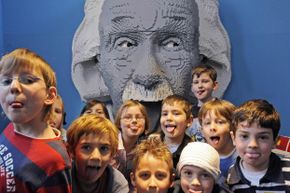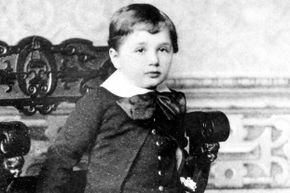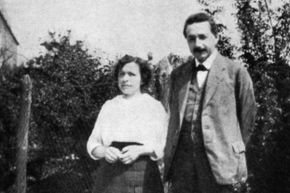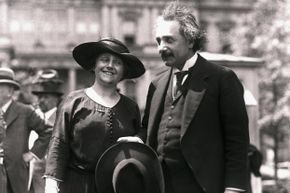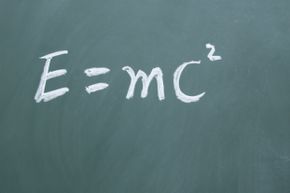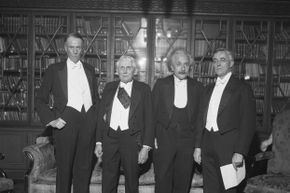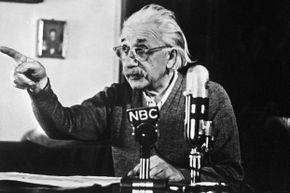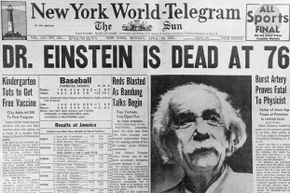Everyone knows Albert Einstein as a wild-haired, violin-playing genius who revolutionized physics, and many have heard how he arrived at his groundbreaking theories via one ingenious thought experiment, or gedankenexperiment, after another. But did you know that he was also an eccentric who gleefully eschewed socks, dodged German military service and spurned social conventions? Or that he was an enthusiastic but third-rate sailor?
Ever since solar eclipse observations in 1919 made him front-page news, we haven't been able to get enough of this guy. And why not? Einstein's influence extended beyond the scientific fields he revolutionized. His theories of relativity, which departed from the classical Newtonian view of the cosmos, came to symbolize a broader societal shift away from Enlightenment-influenced concepts of art, literature, morality and politics. More than that, thanks to his strong political and social views, often distilled into playful, philosophical and pithy quotes, he's been a mainstay of dorm-room posters and pop culture for decades.
Advertisement
But with the revelations that accompanied the release of his private papers 30 years after his death, do we finally have too much of Einstein? Do they remind us to never meet our heroes, or merely that all geniuses are, finally, human? As we explore the many facets of this extraordinary man, we might find that the answer changes relative to our reference frame.
